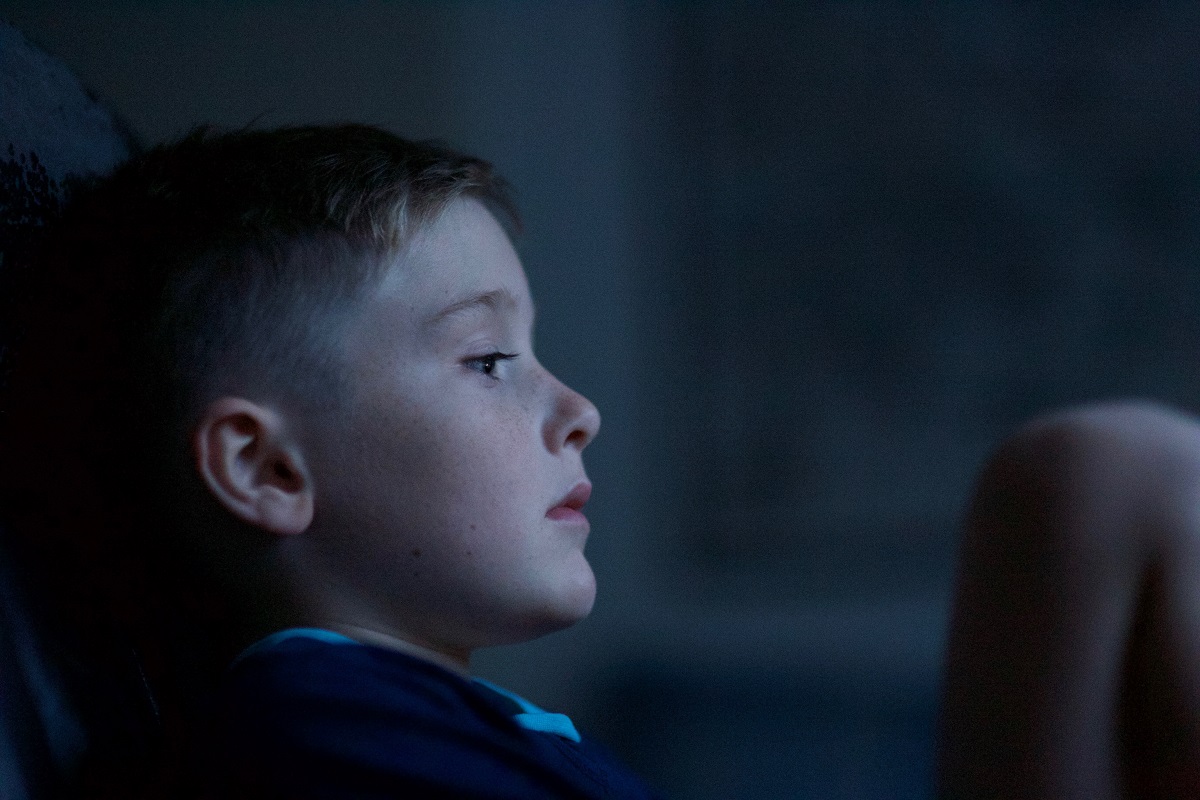Has your child or teen told you about something today which made them angry, worried or upset? If you live with a “big feelings” young person, then this is probably a very regular occurrence in your life.
How did you react? It’s interesting to note that we often want to “fix it fast” when we hear about problems by saying things like “you’re okay”, “don’t worry”, “calm down” or “let’s solve this”. There is nothing wrong with these sentences sometimes, but other times they can be less helpful.
There are many other helpful things we can do when kids tell us they are upset – today let’s focus on one possibility : asking more – and better – questions.
There are three helpful things about asking children and young people good questions about things that have upset them.
1. We get more information which means we can better support them.
2. They get a strong message from us: we care about what is going on.
(and ..spoiler alert…most important reason coming up)
3. They get a chance to practice talking about tricky stuff.
We know that children and teens who are good at telling people about how they feel, what happened and what they want do far better emotionally than young people who don’t have these skills. How do we help kids and teens get better at this? Simple, we help them practice talking about upsetting things. How do they practice it? By being asked about it.
Read more here for a few tips for asking questions about something which has upset a young person.
Thank you to Developing Minds for this very helpful article.
Photo by Luke Pennystan on Unsplash




Leave a Comment